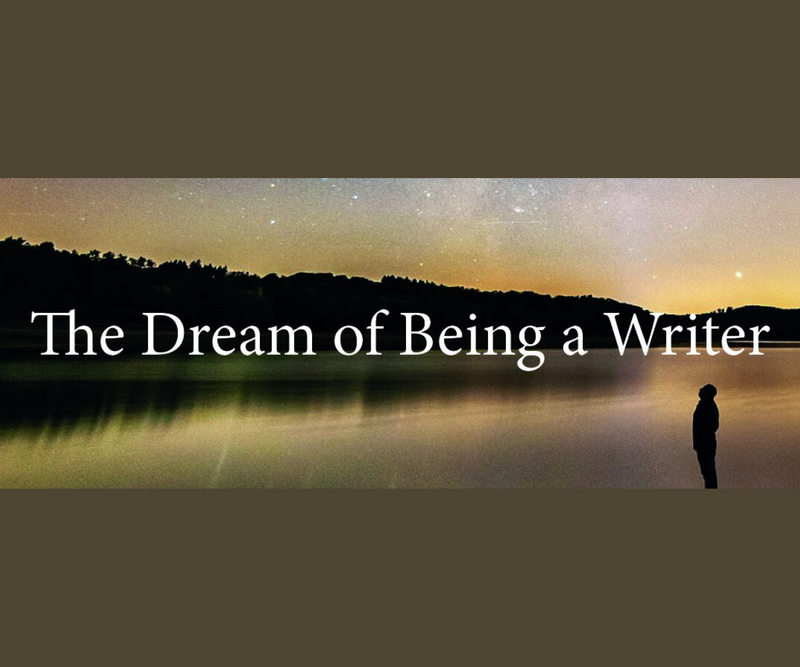- Regular
- £19.99
- Sale
- £19.99
- Regular
- £19.99
- Unit Price
- per

The idea of your dream coming true seems a very childlike notion. In our youth we dream of our star-studded future; riding in limousines around the Hollywood hills, exploring the vast beyond of space or even simply owning your own bakery in your hometown.
Sometimes, for the lucky ones, their dream does come true.
We asked some of our authors to describe in as few words as possible to describe how their dream of becoming a writer felt.
Barbara Henderson tells us that being a writer makes her feel ‘stimulated, scatty and permanently behind schedule’.
In her most recent publication with Luath Press, The Reluctant Rebel, Barbara bases this story on the well-documented Jacobite uprising.
This action-packed adventure follows 13-year-old Archie MacDonald as he finds himself called upon to aid Charles Edward Stuart in his quest for safety. An exciting take on historical events, it is a tale of bravery, loss and community, as well as the inner turmoil surrounding the conflict.
With her upcoming publication of Fade Into You, Catriona Child says that writing makes her feel ‘Excited, anxious and compelled.’
A snapshot of the nineties/noughties spirit and a poignant exploration of how childhood friendships and first loves echo through the years, Fade Into You presents a tale of mixtapes, the millennium and the impossibility of moving on.
Whilst Fade Into You will be her fourth book published with Luath Press, Catriona remains as excited and keen to see her work out in the world as ever.
Every new book brings another exciting adventure!
Willy Maley, a writer and English professor at the University of Glasgow, has recently published Our Father’s Fought Franco with Luath Press alongside his co-contributors Lisa Croft, Jennie Renton and Tam Watters.
This book is A resonant piece of working-class history, a living link to four extraordinary stories. Why did these young men put their lives on the line and go to Spain to fight with the International Brigades? How did they all end up in the same prison cell? And what is their legacy today?
Our Fathers Fought Franco is a collective biography that promises to add significantly to the understanding of the motives of those who ‘went because their open eyes could see no other way’.
As such, it is only fitting that Willy describes his relationship towards writing as ‘worth rising for’.
And finally, Mary W Craig, an expert historian, who has published two books exploring Witches and witch trials in Scotland (Agnes Finnie and Borders With Hunt), explains that her writing makes her feel ‘like an explorer’.
In her most recent publication, Agnes Finnie, Mary explores Agnes’ curious case and provides a fascinating insight into the political and religious tensions that led to Agnes’ burning.
During the 17th century when witch hunts were a daily occurrence, if a woman was arrested and accused of being a witch she would be tried and usually found guilty in a matter of days, even hours. This was not the case for Agnes, a working woman living in the tenements of Edinburgh. Her whole trial was unusual. It took months of deliberation from the jury.
Although from different backgrounds, it is clear that being a writer means a great deal to each of these authors.